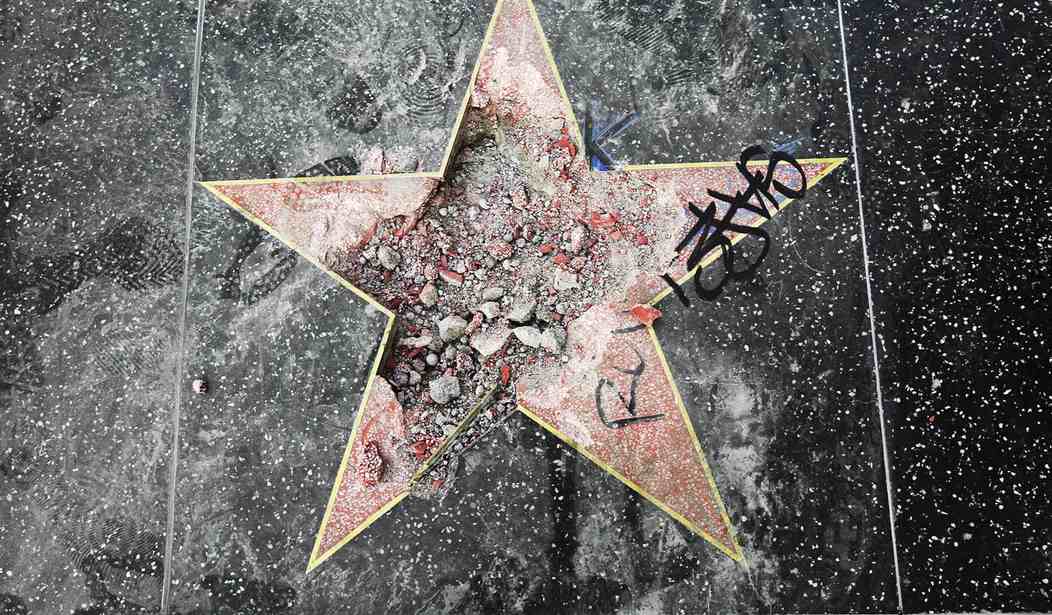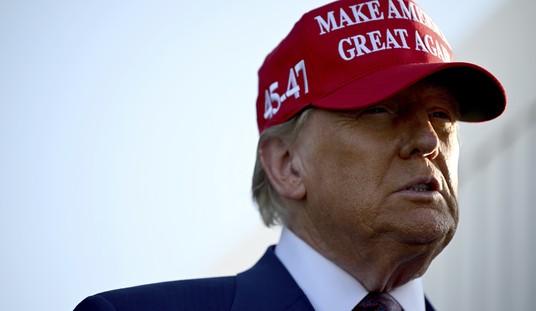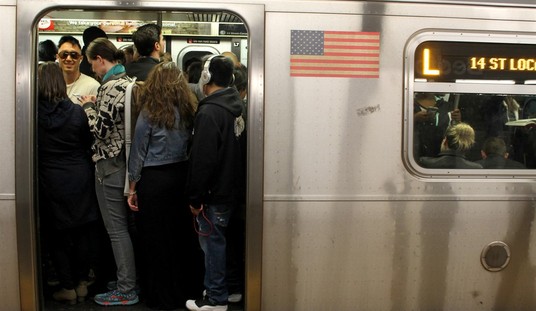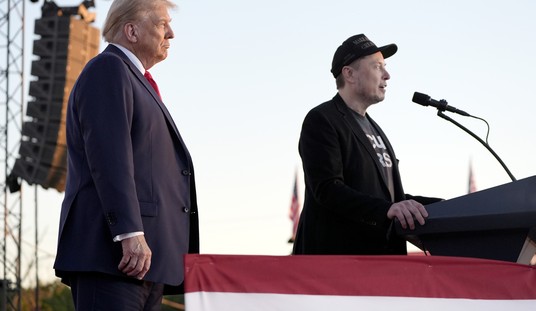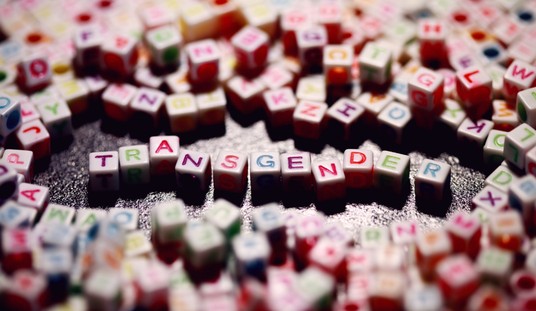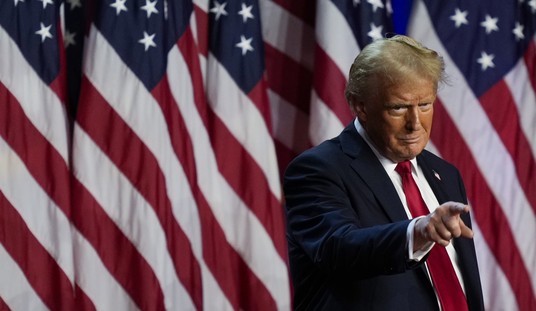Today could be the day that Hollywood died.
OpenAI, the company widely seen as the industry leader in artificial intelligence-related technologies, has announced Sora, its first tool that will allow users to turn a text prompt into a full-blown video.
The company explains:
Sora is able to generate complex scenes with multiple characters, specific types of motion, and accurate details of the subject and background. The model understands not only what the user has asked for in the prompt, but also how those things exist in the physical world.
The model has a deep understanding of language, enabling it to accurately interpret prompts and generate compelling characters that express vibrant emotions. Sora can also create multiple shots within a single generated video that accurately persist characters and visual style.
OpenAI also admits that the product has some serious weaknesses and safety concerns, although these are expected to be ironed out in the near future:
The current model has weaknesses. It may struggle with accurately simulating the physics of a complex scene, and may not understand specific instances of cause and effect. For example, a person might take a bite out of a cookie, but afterward, the cookie may not have a bite mark.
The model may also confuse spatial details of a prompt, for example, mixing up left and right, and may struggle with precise descriptions of events that take place over time, like following a specific camera trajectory.
Although the technology is obviously in its infancy and is not yet available to the general public, the news sparks an existential threat to Hollywood and the wider film and entertainment industry.
Introducing Sora, our text-to-video model.
— OpenAI (@OpenAI) February 15, 2024
Sora can create videos of up to 60 seconds featuring highly detailed scenes, complex camera motion, and multiple characters with vibrant emotions. https://t.co/7j2JN27M3W
Prompt: “Beautiful, snowy… pic.twitter.com/ruTEWn87vf
As the tecnology advances, the need for multi million dollar budget films with a vast array of celebrity actors, directors, producers and other employees will disappear almost overnight. The likes of Leonardo DiCaprio and Meryl Streep will go from the most coveted actors in town to giving after dinner speeches for a few thousand bucks. Yes, it is that serious.
However that seriousness does not apply to everyone. While the great and the good of Hollywood may be forced to find employment elsewhere, the technology could also empower independent filmmakers and revolutionize the industry for the better.
Instead of being forced to climb Hollywood's greasy pole and all the iniquity that comes with it, regular Joes will be empowered to write a script, let their computer do the work and then release a film to the world.
Whereas major production companies and Hollywood executives with their far-left agendas were previously entitled to pick the winners and losers, it will be the general public who gets to decide what gets seen by the masses. In that scenario, I somehow doubt that propaganda films such as Barbie and The Little Mermaid would ever reach a global audience in the first place.
This is not to say that there will not be drawbacks. There could be quite serious economic consequences to the decline of the film industry as we know it. Furthermore, the pleasure of watching knockout acting performances and appreciating the genius of a director may well be lost and replaced with something much more soulless and sterile.
It goes without saying that the consequences of artificial intelligence are going to be absolutely seismic and that every single industry, from manual labor to academic research, will be heavily affected if not wiped out altogether. Yet until now, Hollywood has faced barely any of the negative consequences of this technology going mainstream. That is about to change.

